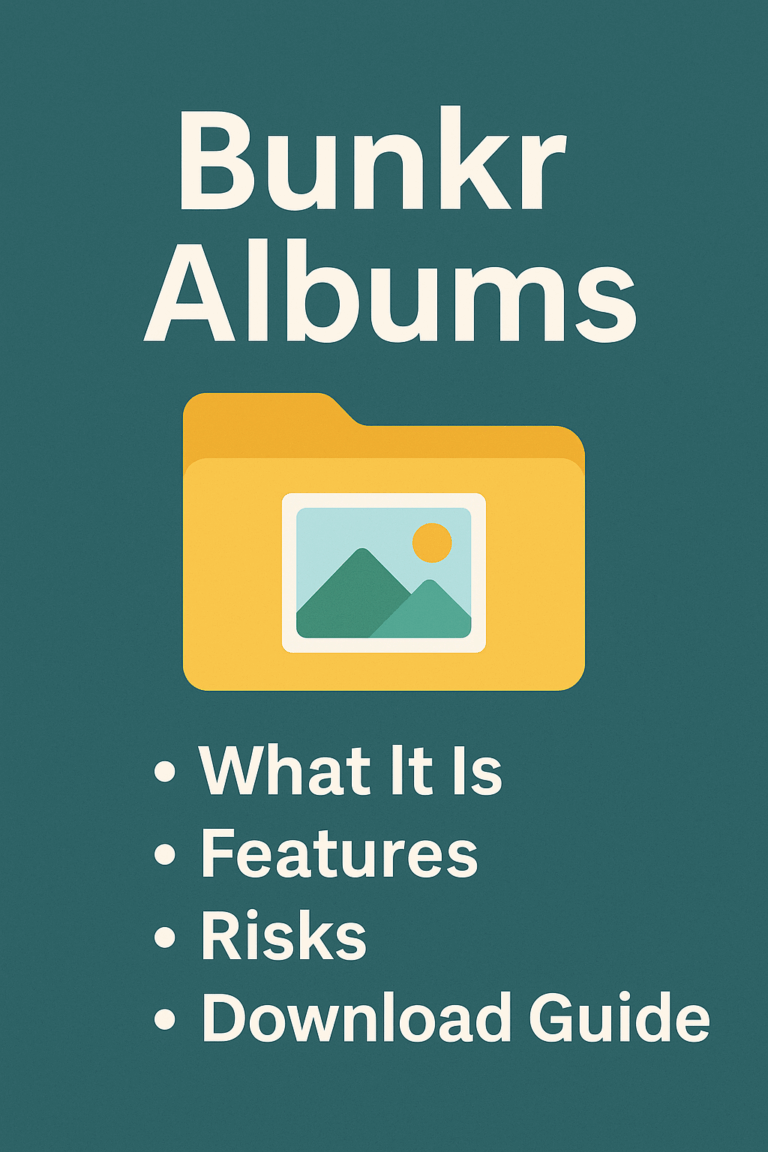Dados AS: A Simple Guide to Data as a Service
The phrase “Dados AS” has two meanings:
In general use, it refers to Data as a Service (DaaS). This means delivering data through the cloud, so people can use it on demand.
In healthcare, DADOS AS is a specific platform that helps hospitals and researchers collect and use patient data.
Both meanings focus on the same point: data is a valuable service, not just a by-product.
Why Dados AS is Growing
Three big trends explain why Dados AS is important today:
More data everywhere — The amount of data created every year is huge and keeps growing.
Cloud computing — Most businesses already use cloud tools, so it makes sense to get data from the cloud too.
Digital healthcare — Hospitals need secure, connected systems that share patient information safely.
Because of these reasons, many companies now treat data like electricity something you can “plug in” and use.
Main Ideas
A. Data as a Service (DaaS)
Gives ready-to-use data through the internet.
Works with APIs so apps and systems can connect easily.
Uses pay-as-you-go pricing, which saves money.
Makes it simple to get large or small amounts of data without building big IT systems.
B. DADOS AS Platform (Healthcare)
An open-source tool built for hospitals and researchers.
Helps collect patient-reported outcomes (PROs).
Works with electronic medical records (EMRs).
Includes modules like CARE, DISCOVER, CONNECT, PROMIS, and PREDICT.
Focused on improving patient care and clinical research.
Key Features
| Feature | DaaS (General Use) | DADOS AS (Healthcare) |
|---|---|---|
| Scalability | Grows or shrinks with demand | Can work for one clinic or whole hospital |
| Interoperability | Connects to business systems via APIs | Connects to EMRs and research platforms |
| Analytics | Dashboards, BI, predictive models | Patient risk scores, health predictions |
| Security | GDPR, HIPAA-ready | Full compliance (HIPAA, GDPR, PIPEDA) |
| Customization | Flexible setup for different industries | Custom surveys and workflows for patients |
Benefits of Dados AS
For Businesses (DaaS)
Quicker access to insights.
Lower IT and storage costs.
Easy to share data across teams.
Supports real-time decision-making.
For Healthcare (DADOS AS)
Better tracking of patient recovery.
Stronger clinical research data.
Tools for early health risk prediction.
Builds trust by following privacy laws.
Examples of Use
Healthcare
Collecting patient data directly from mobile or web forms.
Sharing clinical trial data across research groups.
Linking hospital records for more complete patient histories.
Business Intelligence
Marketing teams pulling consumer trend data.
Financial firms running predictive models.
Companies using external feeds for supply chain decisions.
Cybersecurity
Clean, filtered datasets reduce risk.
Data monitoring catches unusual patterns Institute of Data Review.
Compliance tools help avoid legal issues.
Consulting & Integration
Connecting CRMs, ERPs, and other enterprise tools.
Automating cross-system workflows.
Reducing errors from manual data entry.
Challenges
Even with benefits, there are challenges:
| Challenge | Why It Matters | Example |
|---|---|---|
| Privacy | People worry about misuse of data | Patients may avoid digital forms |
| Vendor Dependence | Relying on outside providers is risky | Downtime or sudden price hikes |
| Data Quality | Poor data leads to poor results | Wrong predictions or insights |
| User Adoption | Staff may resist using new systems | Ignoring dashboards or reports |
The Future of Dados AS
1. AI Integration
Dados AS will work closely with AI.
Example: predicting hospital readmissions or spotting fraud.
2. Open-Source Growth
More open platforms like DADOS AS will appear.
Collaboration will lower costs and improve tools.
3. Data as a Strategic Asset
Companies will treat data like money or property.
This means more focus on governance and monetization.
4. Personalized Healthcare
Patient data will support precision medicine.
Treatments tailored to genetics, lifestyle, and personal needs.
FAQs
1. What is Dados AS?
Dados AS means two things: it can mean Data as a Service (DaaS), which is cloud-based delivery of data, or it can refer to the DADOS platform, a healthcare system used to collect and manage patient data.
2. How does it work?
In general, Dados AS works by giving users access to clean and organized data through the cloud, often using APIs. In healthcare, the DADOS platform works by collecting patient-reported outcomes and linking them with hospital electronic records.
3. What are the benefits of Dados AS?
Saves money on data storage and IT costs.
Provides real-time insights and analytics.
Improves patient care in hospitals.
Makes it easier to share and standardize data.
4. Who uses Dados AS?
Businesses use Dados AS for business intelligence, analytics, and decision-making.
Healthcare providers use the DADOS platform for patient tracking, clinical research, and better treatment planning.
5. Is Dados AS secure?
Yes. this platforms follow strict security and privacy rules such as HIPAA, GDPR, and PIPEDA. They use encryption, access controls, and compliance tools to keep data safe.
6. What is the future of Dados AS?
The future of Dados AS includes AI integration, open-source growth, data as a strategic asset, and personalized healthcare. This means data will become even more central in business and medicine.
It is about treating data as a service.
In business, Data as a Service gives quick, scalable access to clean data.
In healthcare, the DADOS AS platform helps doctors and researchers capture better patient information and improve outcomes.
No matter the setting, the idea is the same: data should be easy to access, safe to use, and powerful enough to create value.
As AI grows, privacy rules tighten, and healthcare gets more personal, it will become even more important. Companies and hospitals that embrace it will move ahead, while others risk falling behind.







